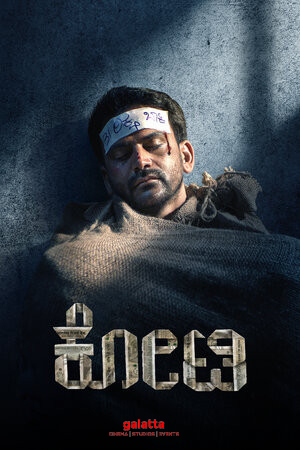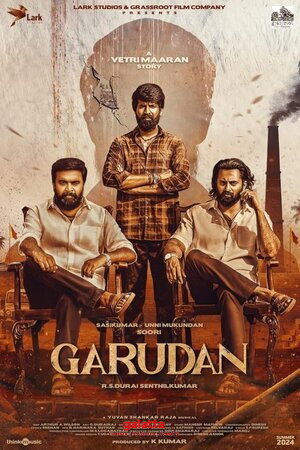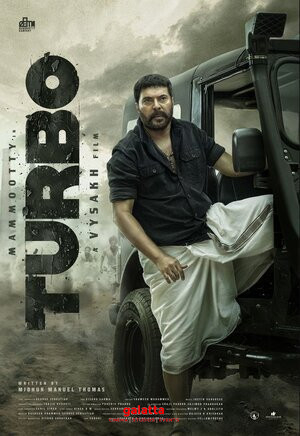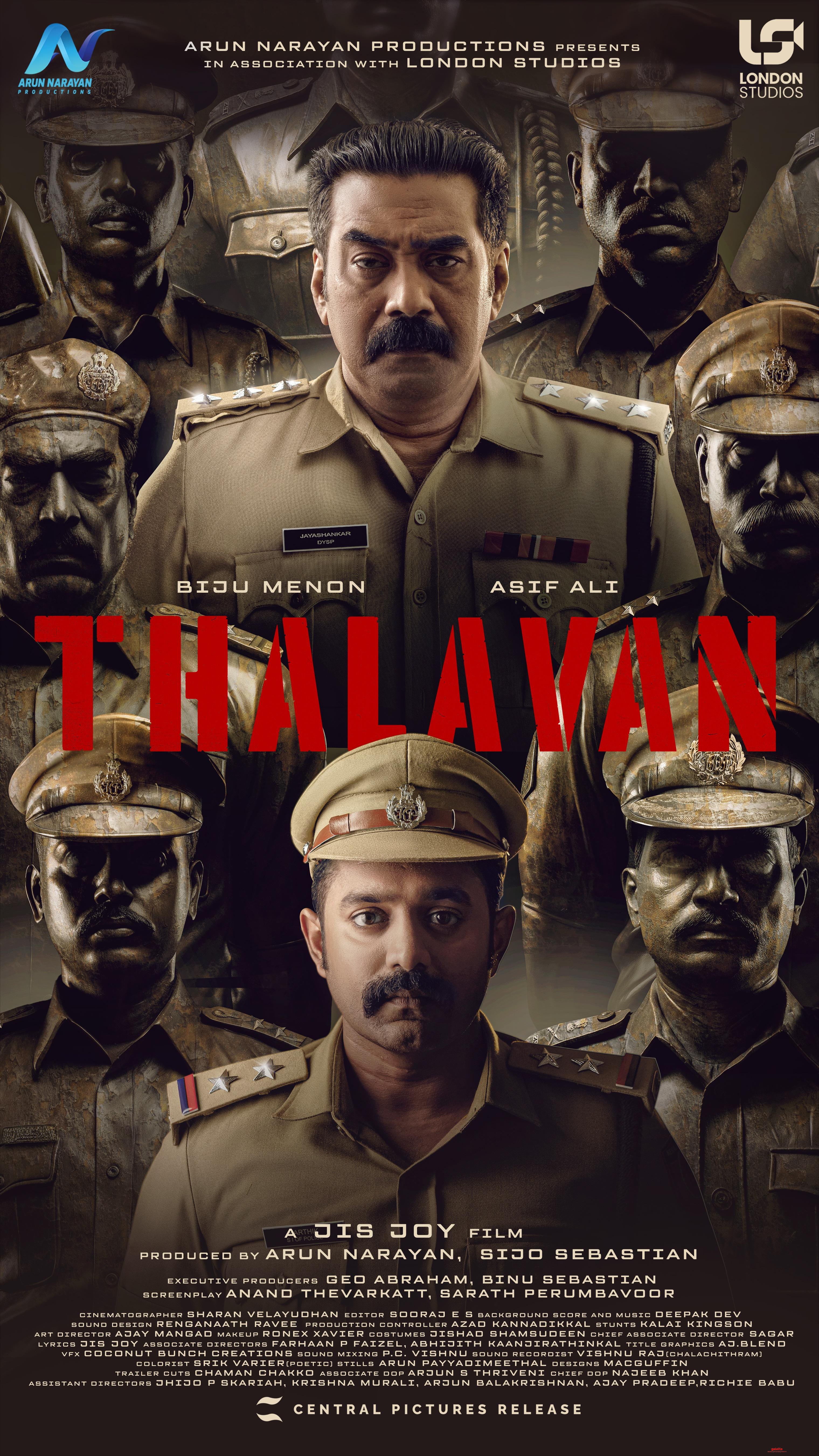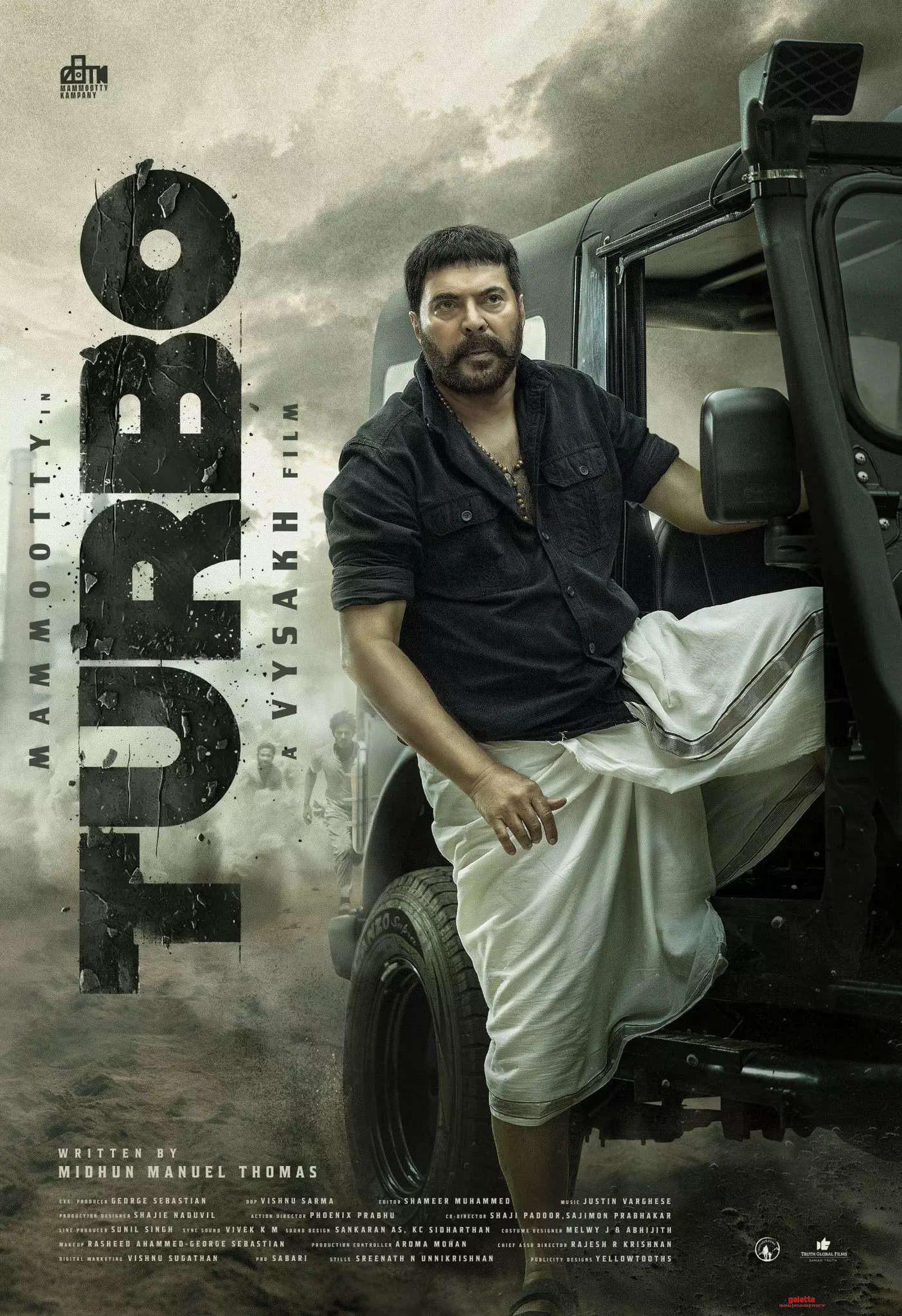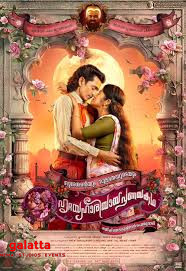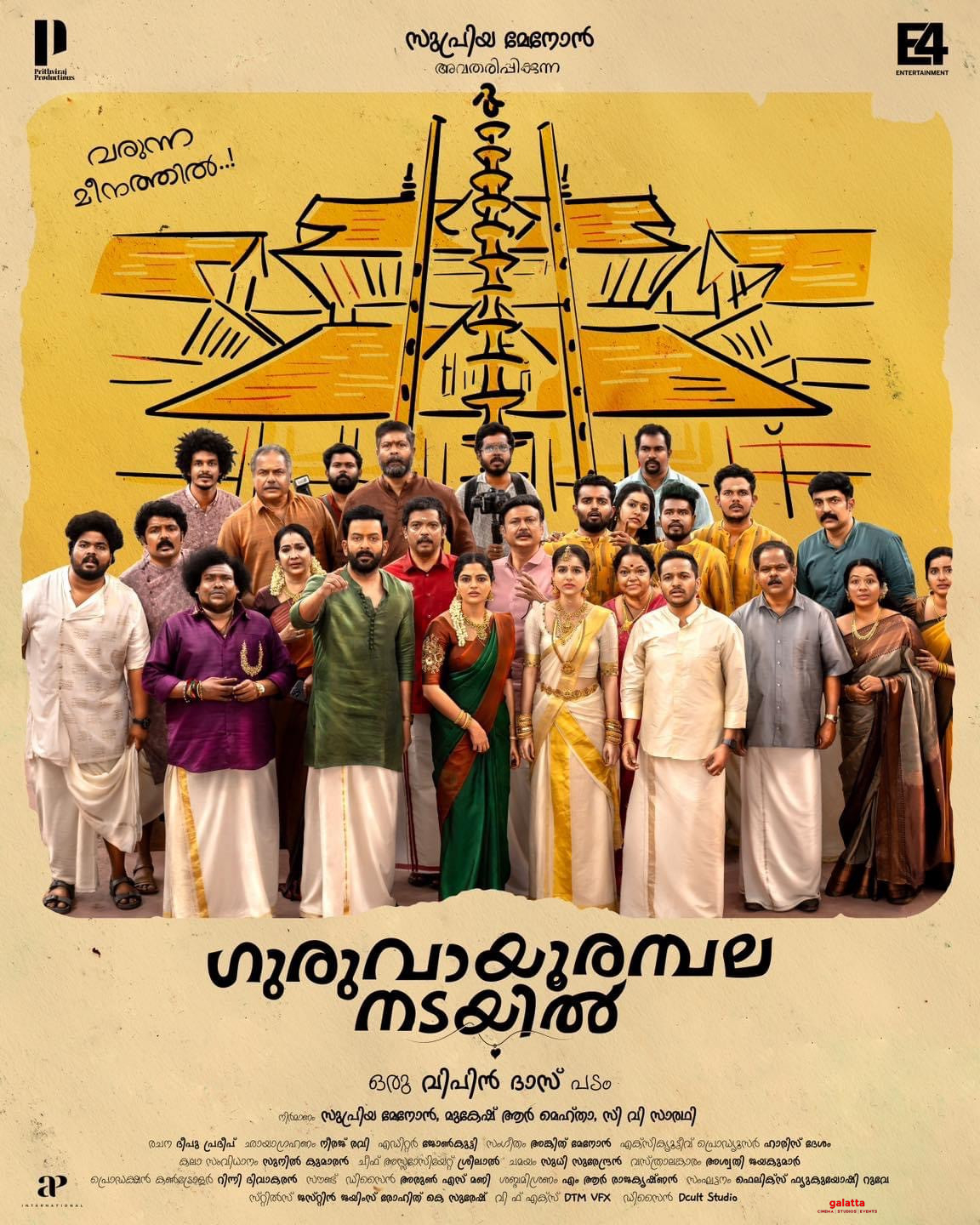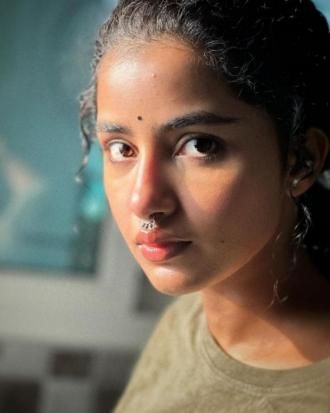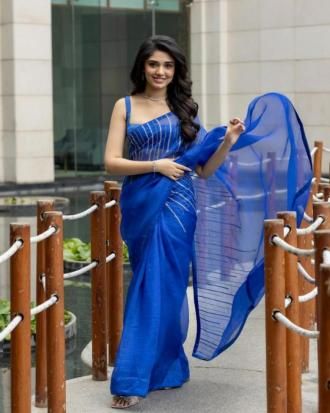Ullozhukku Movie Cast & Crew
Ullozhukku, meaning undercurrent, is essentially a showcase for two women – I am talking about both Urvashi and Parvathy Thiruvothu, and the superbly written characters they play, mother-in-law Leelamma and daughter-in-law Anju. They are from different generations, of course – but in this small place in Kuttanad, time seems to have stood still in some respects. For instance, Leelamma wanted to study medicine, but her parents wouldn’t hear of it. They got her married off at a young age. Anju, on the other hand, is a working woman as the film opens. She is a salesgirl in a sari shop. But after marriage, she, too, becomes a housewife, looking after the numerous needs of family. But at least one thing has changed across generations. Leelamma accepted her fate with resignation, and perhaps even with a bit of delusion. “The Lord is jealous of my happiness,” she says, when she talks about her ailing son Thomaskutty (Prasant Murali). And we wonder: was happiness ever in the picture? But Anju – Thomaskutty’s wife – isn’t one to wallow in a dream world. She sees her reality clearly, and it stinks.
The first-time writer-director Christo Tomy has a firm grip over both his craft and his understanding of the psychology of his two heroines. Anju grows from being a woman of few words, someone who suppresses her anger and disappointment, to a woman who begins to speak up against the injustices done to her. And over the same time, Leelamma slowly sheds her delusions and begins to face reality. These two parallel character arcs create a very moving drama, and both actors are aces. Both of them play characters with at least one big secret that’s being hidden from the other one. In one case, the audience is in on the secret. In the second case, we find out what it is as the character finds out. This is a terrific narrative strategy that makes us see these two women differently, and our sympathies change over the course of events. We begin by thinking one woman is being cheated and we pity the other one, but slowly, the tables are turned.
The filmmaking is fantastic. Sushin Shyam’s music is perhaps a tad overbearing for such a minimalistically narrated story. But it did not bother me too much. There’s so much to savour. I got a bit of a jolt with the sudden cut where we catch our first glimpse of Thomaskutty. It mirrors the suddenness with which Anju’s life has changed. The writing constantly emphasises the similarities and differences between the two women – for instance, like Leelamma, Anju, too, has been forced into a marriage. The cinematographer is Shehnad Jalal, who shot Bramayugam and Bhootakalam. We keep getting three types of compositions: one where Anju is in focus and Leelamma is out of focus, one where Leelamma is in focus and Anju is out of focus, and one where both women are centre-framed and in focus. Playing with focus is not a new technique, but this adds to our understanding of who – at that point – is the keeper of fuzzy secrets and lies at the heart of this story.
The other stylistic element is the monsoon, which drenches the story in rains. This makes even the simple act of walking out of the house to make a call seem difficult. And of course, at the end, when the emotional storms are over, the rains stop, too. The ending is the only part of Ullozhukku that made me wish for something more. A woman makes a decision, and it seems hurried. Thinking back, we can see where that decision came from – and in some ways, it is the right decision. You would want to be with someone who has weathered the same storms as you have, and who seems more in sync with you as a person than anyone else. There is a key line here: “I understand you more than anyone else.” But I didn’t get that satisfying click while the sequence played out.
Arjun Radhakrishnan plays a man doing temp jobs until he can realise his big dream. The way the prospect of money can corrupt a character – even to a small extent – is shown very nicely. He loves his girlfriend, but perhaps he loves his dream more! These layers are not hammered home, and this lends the film a lovely, floating quality of life happening – as opposed to a “story” unfolding. I was moved by the way Thomaskutty reaches out for sex even though his body is weakened by his condition. He knows Anju did not want him as a husband, and yet, he has his needs. The storytelling is so empathetic that you don’t feel Thomaskutty is being a horny pig – you just pity the man for wanting a normal life. Both these actors infuse a sense of lived-in reality to their roles.
But yes, this is an all-out Urvashi-Parvathy show. Watch Urvashi when she picks up the phone and quickly understands what’s going on with Anju. Watch the incredible scene where Parvathy realises something and struggles to stay composed, her every reaction reflected in the bathroom mirror. Every act has an ullozhukku, an undercurrent. When someone who is alone says they will write off their property to this other person, is it an act of selflessness? Or is it a manipulative act meant to bind this other person to you out of emotional guilt, and make you feel less alone? There is a lot of subtle emotional manipulation done by these characters, which made me think of this absolutely wonderful aspect of cinema. If this same story had been narrated in a loud, melodramatic way, with constant cuts to reaction shots and with loud music, we’d get a gripping mega-serial. In other words, treatment and tonality are everything.
Finally, Ullozhukku is a lovely statement about how love and trust have to be earned – that these are not automatically generated because you are born to someone or because you get married to someone. Alencier Ley Lopez, good as always, plays Anju’s father with that “I know best” attitude common to many fathers, and he is humanised only when he realises he does not know what is good for everyone. We may live in a collective society, but eventually, we are all individuals - very distinct and very flawed individuals. Ullozhukku embraces these individuals and their flaws without an iota of judgement. The first time someone touches someone else because they want to and not because they are expected to – this touch comes from love and trust and acceptance and forgiveness. There is so much humanity in this beautiful film. Also, so much love.


